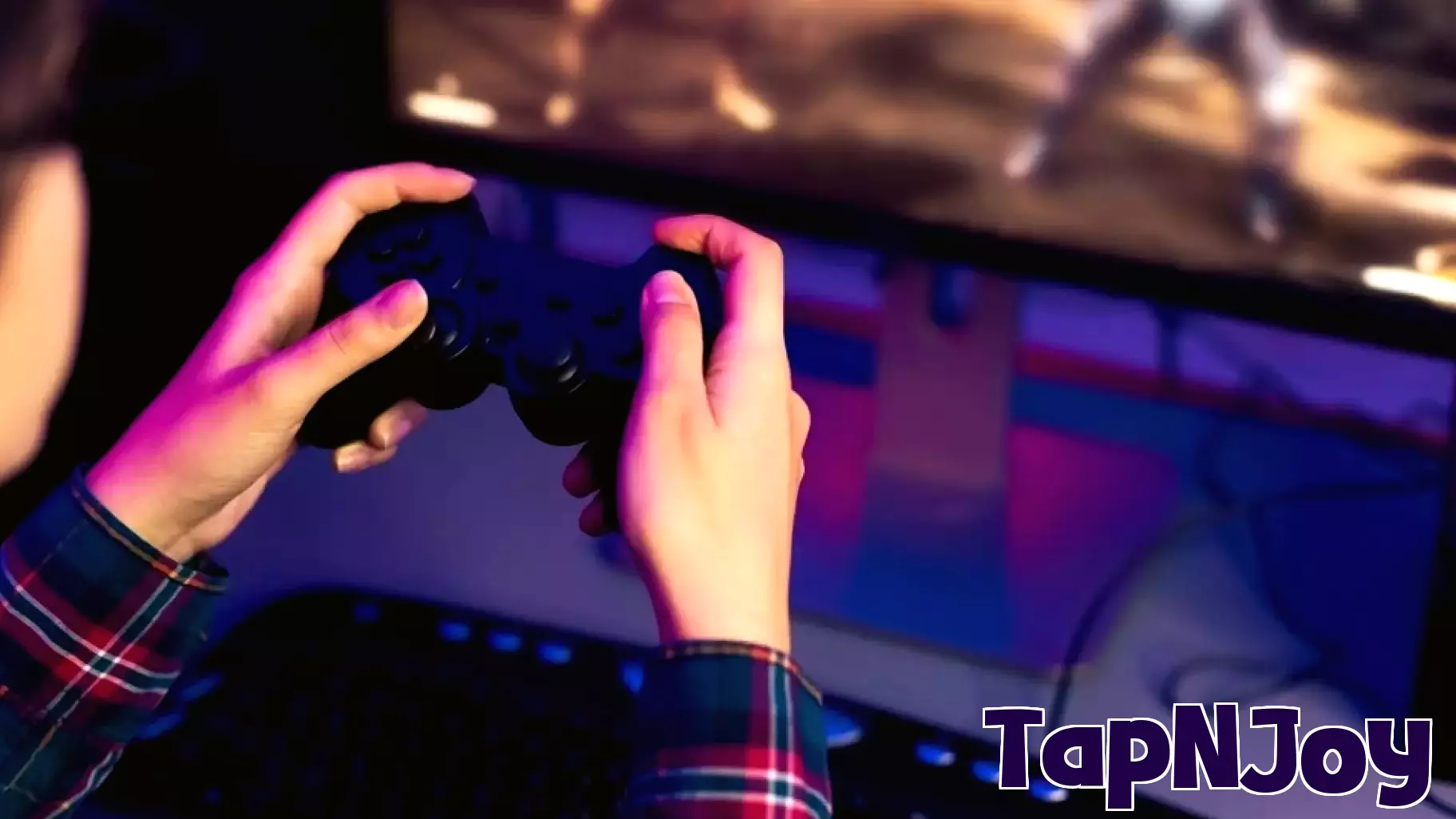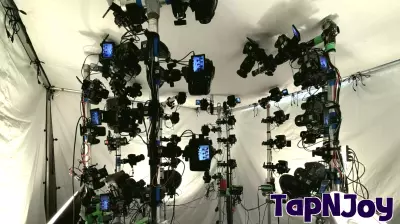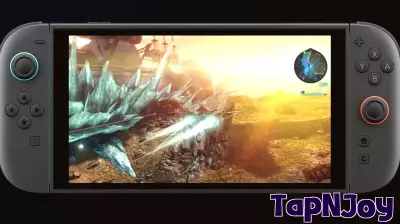Innovative Brain-Computer Interface Enables Paralysis Patients to Play Video Games
January 20, 2025 - 18:59

Researchers have made significant strides in the development of a brain-computer interface (BCI) that can decode finger movements, providing new opportunities for individuals with paralysis. This groundbreaking technology allows patients to interact with video games and engage in leisure activities, which were previously inaccessible due to their condition.
The BCI works by interpreting neural signals associated with intended finger movements, translating these signals into commands that can control a computer or gaming system. This innovative approach not only enhances the quality of life for paralysis patients but also opens up new avenues for rehabilitation and therapy, as gaming can serve as a motivational tool.
As researchers continue to refine this technology, the potential applications extend beyond gaming, with implications for various assistive technologies that could empower individuals with mobility impairments. This advancement represents a significant leap forward in the intersection of neuroscience and technology, highlighting the promise of BCIs in transforming the lives of those with disabilities.
MORE NEWS

February 21, 2026 - 04:12
'Wow, I'm in a video game': Marlins pose for MLB The Show scanThe line between reality and simulation continues to blur, as evidenced by Miami Marlins players experiencing the surreal process of becoming video game avatars. At the club`s spring training...

February 20, 2026 - 01:28
Nintendo surprises fans with a Switch 2 Edition of Xenoblade Chronicles X, out todayIn a stunning move, Nintendo has shadow-dropped a new version of the cult-classic RPG, Xenoblade Chronicles X, for its upcoming Switch 2 system. The release, available digitally starting today, has...

February 19, 2026 - 01:57
‘TELL ME ABOUT THE RABBITS!’ Watch the ‘Batman Begins’ Cast Record Lines for the Video GameThe acclaimed cast of Christopher Nolan`s `Batman Begins` once reunited not for the silver screen, but for a video game adaptation that has since faded into obscurity. Christian Bale, Michael Caine...

February 18, 2026 - 11:46
5 Hit Video Games From The 2010s That Nobody Talks About AnymoreThe gaming industry moves at a relentless pace, with new releases constantly vying for attention. While classics from decades ago are often revered, many excellent titles from the more recent 2010s...